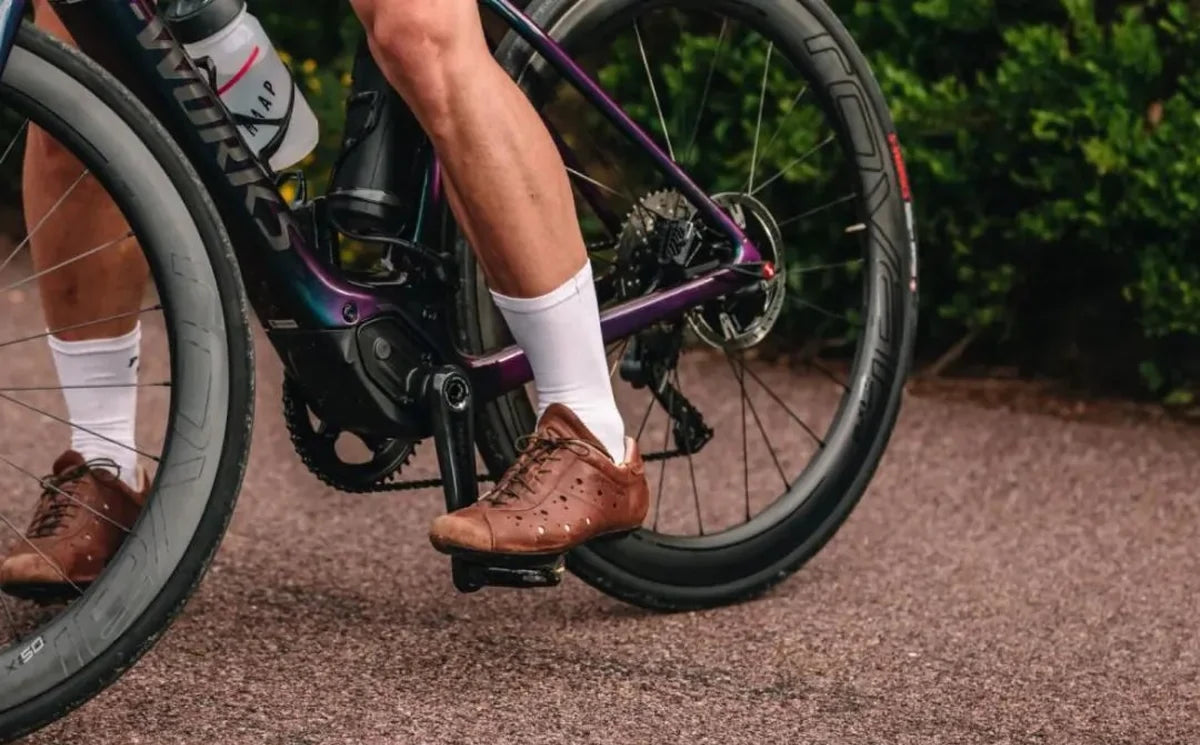What is the Weight Limit for an Electric Scooter?
Electric scooters have revolutionized the way we commute, offering a fun, eco-friendly alternative to traditional modes of transport. Whether you're a student zipping to class or an urban professional seeking a convenient way to navigate the city, electric scooters have become the go-to choice for many. However, one important question remains: what is the weight limit for an electric scooter? In this article, we'll dive deep into this topic, helping you understand the factors that determine weight capacity and how to choose the right electric scooter for your needs.
Understanding Electric Scooter Weight Limits: Factors to Consider
The weight limit of an electric scooter is determined by several factors, including the scooter's construction, motor power, battery capacity, and suspension system. Here's a breakdown of each factor:
-
Construction: The materials used in constructing the scooter's frame and components play a significant role in determining its weight limit. High-quality aluminum alloy, steel, and carbon fiber are commonly used for their strength and durability, allowing for higher weight capacities.
-
Motor Power: The scooter's motor power, which is often measured in watts, directly impacts its ability to carry heavier riders. A more powerful motor can handle increased weight without sacrificing speed or performance.
-
Battery Capacity: A higher battery capacity allows the scooter to maintain optimal performance even when carrying heavier loads. Larger batteries are designed to provide the necessary power for longer periods, which is essential for supporting more weight.
-
Suspension System: A scooter with a robust suspension system can better absorb the impact of a heavier rider, ensuring a smooth and comfortable ride. This is particularly important for off-road electric scooters that may encounter rough terrain.
Typical Weight Limits for Electric Scooters
While weight limits for electric scooters can vary widely depending on the model and manufacturer, here are some general guidelines to help you get a sense of the range:
-
Budget Electric Scooters: These entry-level models typically have a weight limit between 200 to 220 pounds (90 to 100 kg). They are ideal for lighter riders and are often more affordable.
-
Mid-Range Electric Scooters: These scooters offer a balance between price and performance, with weight limits ranging from 220 to 265 pounds (100 to 120 kg). They are suitable for most riders and provide a comfortable and reliable ride.
-
High-End Electric Scooters: Designed for superior performance and durability, these scooters can accommodate riders weighing up to 330 pounds (150 kg) or more. They often feature powerful motors, larger batteries, and advanced suspension systems for the ultimate riding experience.
Tips for Choosing the Right Electric Scooter for Your Weight
To ensure a safe and enjoyable ride, it's crucial to choose an electric scooter that can comfortably accommodate your weight. Here are some tips to help you make the right decision:
-
Check the manufacturer's weight limit guidelines: Always refer to the manufacturer's specifications to determine the scooter's weight capacity. This information can typically be found on the product page or in the user manual.
-
Consider your weight and additional load: When choosing a scooter, keep in mind that you may carry additional items, such as a backpack or groceries. Factor in this extra weight when determining if a scooter is suitable for your needs.
-
Prioritize quality and durability: A well-built scooter with high-quality materials and components is more likely to withstand the stress of supporting a heavier rider. Investing in a reliable scooter will ensure a safer and more enjoyable ride.
In conclusion, understanding the weight limit for an electric scooter is essential to ensure a safe and comfortable ride. By considering factors such as construction, motor power, battery capacity, and suspension, you can find the perfect scooter that meets your needs. Remember to always consult the manufacturer's guidelines and prioritize quality and durability when making your choice. Happy scooting!














